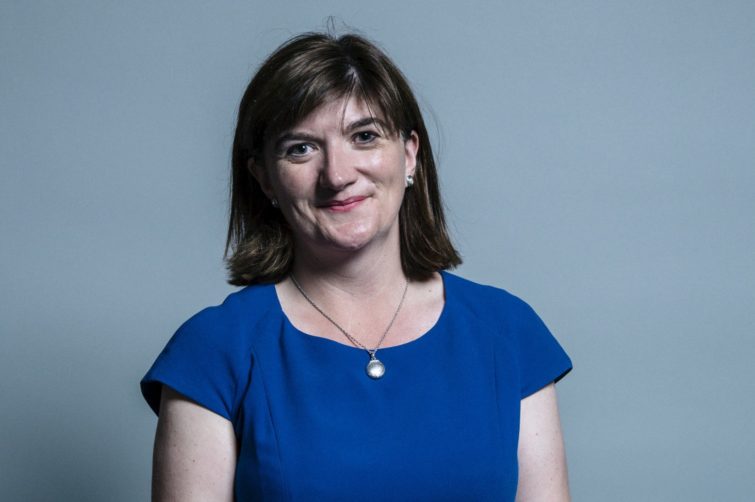
After more than 40 years of operation, DTVE is closing its doors and our website will no longer be updated daily. Thank you for all of your support.
Controversial ‘porn blocker’ will not be implemented, UK government confirms
The British government has dropped its controversial ‘porn blocker’ plans.
Initially announced in 2015, the measure was the conclusion of years of attempts by the government to block minors from accessing sexually explicit materials.
Under section 14(1) of the Digital Economy Act, anybody wishing to visit sites where the majority of the content was sexually explicit would have had to create a login which was tied to their real name along with a legally-recognised ID such as a passport or driving licence.
Alternatively, the law would allow newsagents to sell “porn passes” which let users avoid submitting personal information at the cost of the potential ignominy that came from purchasing such a pass in public.
However, the government has decided that this will “not be commencing”, 18 months after the scheme was initially meant to be implemented.
Digital secretary Nicky Morgan said that other measures will be deployed to achieve the same objectives.
The plans had widely been criticised as a form of censorship and an intrusion of privacy. Critics have also been vocal in saying that the plan simply will not work, with web-native teenagers being more likely to use virtual private networks (VPNs) to alter their location or visiting websites such as Twitter and Reddit which would not be covered by the law.
Other platforms which host explicit content on a non-commercial basis would also not have been affected.


